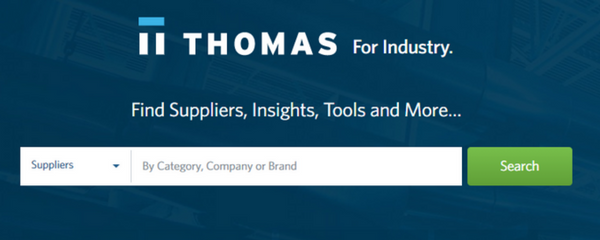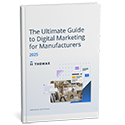What Procurement Managers Must Understand About Industrial Suppliers
Industrial suppliers are not mind readers. Shocking, I know!
Yet each day they are pressed into service to determine exactly what a buyer needs with sparingly little information. They do their best to provide specs of their parts, CAD files, dimensional data, performance curves, videos, comparison tables, machine lists, and capability descriptions but the procurement teams always have unanswered questions.
As an industrial buyer, it is your job to bring the clearest questions possible. Here are a few facts to have on hand before contacting a supplier:
1. Performance Requirements: Know the most critical performance components of the product or material you are requesting. By identifying this for your supplier, they can review the possibilities they offer with an eye toward reduced cost and/or increased future flexibility. Clearly outlining what is a “must” and what is negotiable helps your supplier do a better job for you.
2. Spatial Constraints: Be aware of the envelope dimensions or footprint available for the required component. Based on the limitations of your installation or assembly, your supplier may be able to steer you to a better overall solution.
3. Operational Environment: Be prepared to provide a detailed description of the use case for the component. When the supplier has a full understanding of the temperature ranges, humidity, and the number of cycles the component will be expected to perform, they can recommend the most reliable part for your need.
4. Expected Volume & Delivery: As a procurement manager, you should have a good handle on the total product count your team will require over the next year as well as the potential delivery schedule. When a supplier knows the total volume you will possibly be ordering, they can plan to help you grow from prototype levels to high volume or rework internal processes for larger delivery needs.
When you provide this type of detailed request the supplier can work with you to select the proper product or work on a redesign of your component as swiftly as possible. By providing this level of clarity into your procurement needs, you will build stronger relationships with your supply chain.
Did you find this useful?









